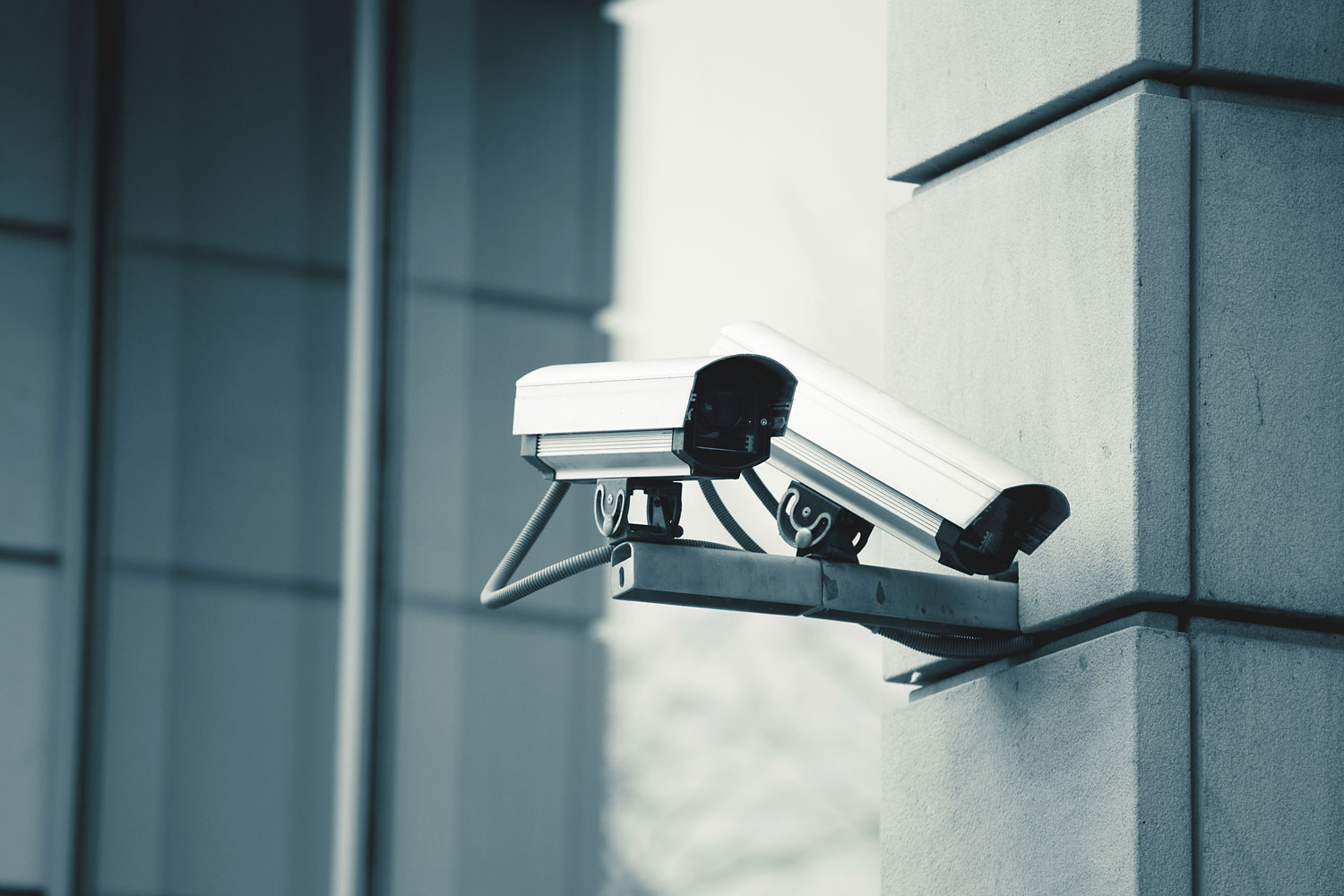
The Seattle Police Department will soon use facial recognition software allowing officers to compare photos captured by surveillance cameras with an existing database of 350,000 mug shots. Seattle will become the nation’s largest city to employ the emerging technology and its use will be watched closely by other municipalities.
“I think it’s a sign of what’s to come,” says Stephen Rushin, an expert in surveillance and law enforcement technology at the University of Illinois College of Law.
Seattle police have wanted to use facial-recognition technologies for several years to replace manually comparing hundreds of thousands of mug shots with images captured by the city’s network of surveillance cameras. But privacy experts expressed concerns that information about people not suspected of criminal activity could be gathered and misused.
“Whenever you’re accumulating large amounts of data, you have the potential for abuse,” Rushin says. “It could be used to unfairly implicate innocent people.”
The ACLU says it had serious reservations about making sure use of the facial recognition software was limited to people reasonably suspected of criminal activity, and that the police department agreed to track which officers used the software to prevent it from being deployed broadly. The Seattle City Council voted to approve the program this week after the ACLU dropped its objection.
The city is using a $1.6 million grant from the U.S. Department of Homeland Security to fund the program. There’s little data about how many police departments are using facial recognition, but Rushin says it’s likely in the single-digit percentile of police departments.
Though the ACLU signed off, it remains wary. “We’re still concerned about the possibility for abuse,” says Doug Honig of the ACLU of Washington.
More Must-Reads from TIME
- Donald Trump Is TIME's 2024 Person of the Year
- Why We Chose Trump as Person of the Year
- Is Intermittent Fasting Good or Bad for You?
- The 100 Must-Read Books of 2024
- The 20 Best Christmas TV Episodes
- Column: If Optimism Feels Ridiculous Now, Try Hope
- The Future of Climate Action Is Trade Policy
- Merle Bombardieri Is Helping People Make the Baby Decision
Contact us at letters@time.com